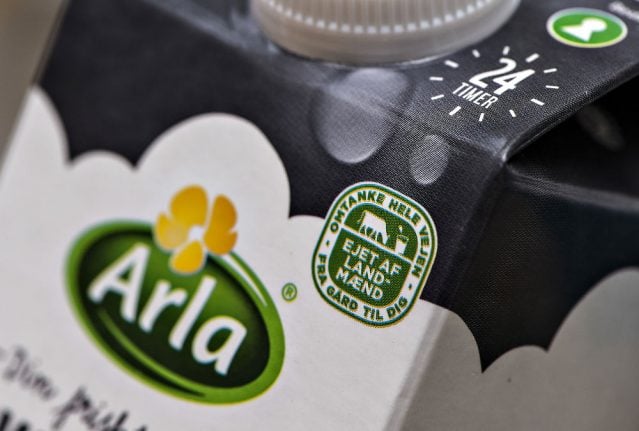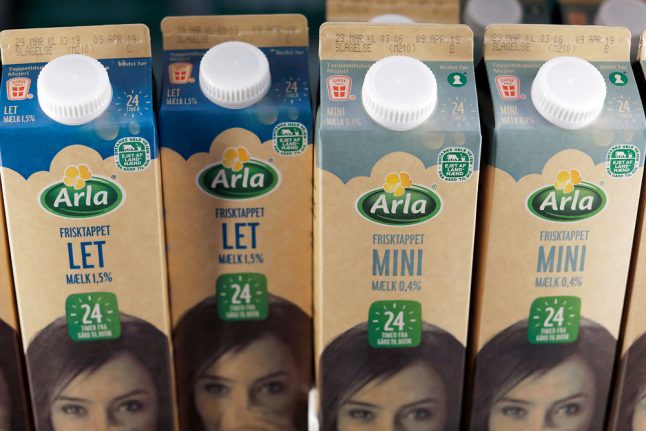Danish dairy giant Arla aims to reduce the amount of milk that ends of poured down drains with a printed message to consumers on its packaging, DR reports.
Next to the 'best before' date on cartons, the words ‘often good after’ (ofte god efter) have been placed, letting milk drinkers know that it’s okay for them to judge themselves whether the product is still usable.
Selina Juul, founder of NGO Stop Wasting Food, welcomed the move by Arla.
“This is definitely a step in the right direction, because we know that doubts about use by dates can cause food waste. Now I’m looking forward to seeing how this is received by consumers,” Juul told DR.
“The milk carton is a good start, but I’d encourage Arla and all other food producers to change the wording on the vast majority of their products. Yoghurt should be the next step,” she added.
Date markings on European food products generally use the terms ‘best before’ and ‘use by’.
‘Best before’ is intended to inform customers that they can make their own judgement on whether products can still be used after the specified date, but studies have found that 50 percent of people were not aware of the difference between the two wordings.
That causes up to 10 percent of Europe’s total food waste, according to an EU Parliament study.
Other Danish brands to have already changed date marking on products include Carlsberg, Løgismose, Meyers, Thise and Toms, DR writes.
READ ALSO: Danish organisation aims to reduce food waste with new 'best before' system



 Please whitelist us to continue reading.
Please whitelist us to continue reading.
Member comments